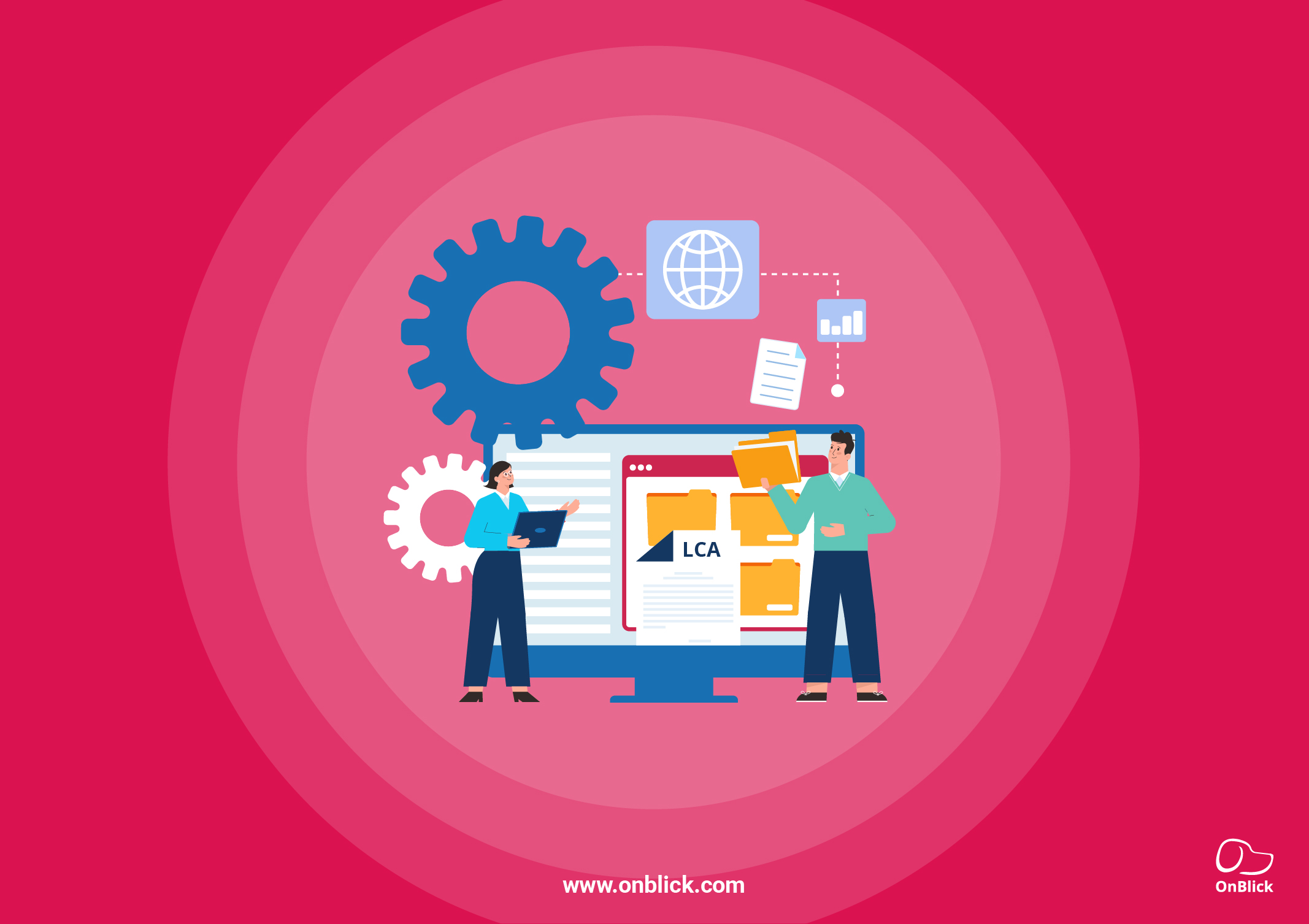The U.S. Citizenship and Immigration Services (USCIS) recently released an updated version of Form I-129 that will be effective January 17, 2025. Any petition filed using the older 04/01/24 version on or after January 17, 2025, will be rejected as there is no grace period.
Employers file this petition to hire foreign workers seeking employment in the United States under various nonimmigrant visa categories such as H-1B, L-1, and 0-1.
In this blog post, we will discuss the significance of Form I-129 and the recent changes introduced, providing insights into what employers must know and how to manage the process effectively.
Why is Form I-129 Important?
Form I-129, also known as the “Petition for a Nonimmigrant Worker”, is an important document filed with the U.S. Citizenship and Immigration Services (USCIS), which is a division of the U.S. Department of Homeland Security (DHS). Employers file this form requesting permission from the agency to hire foreign employees temporarily under a particular nonimmigrant visa category.
Form I-129 is used to hire under a diverse range of categories, such as:
- H-1B: For occupations requiring a specific degree, such as a bachelor’s or higher.
- L-1: For intra-company transfers of an employee from one country to another.
- O-1: For individuals with extraordinary ability in fields like Science, Technology, Education, Business, or Athletics.
- H-2A and H-2B: H-2A visa is used for agricultural workers, while the H-2B visa is used for non-agricultural workers who work in other industries such as hospitality, construction, landscaping, and entertainment.
Form I-129 helps maintain compliance and an ethical hiring culture, prevent fraud, and ensure foreign workers are paid fairly under lawful work conditions.
Why Does Form I-129 Compliance Matter?
To establish ethical recruitment practices and create a working culture where employee’s rights are protected, USCIS mandated the submission of this document.
The role of Form I-129 extends beyond just the application process. It is also crucial for:
- Legal Compliance: Failure to file the petition using Form I-129 can lead to several legal consequences, such as financial penalties, denial of the petition, loss of eligibility for future applications, and reputational damage.
- Documentation: Form I-129 serves as official proof of hiring for the foreign employee. This helps ensure that the worker qualifies for the specific visa category they applied for and that they adhere to the U.S. labor laws, preventing the risks of fraudulent activities.
- Efficient Hiring: Form I-129 helps uphold the integrity of U.S. immigration laws by confirming the employment of top-skilled talent in compliance with legal requirements.
- Economic Contribution: Industries have diverse demands, and encouraging the hiring of skilled employees promotes innovation and economic growth of the country.
Key Updates to Form I-129
These changes to Form I-129 are introduced to maximize the operational efficiency and security of the U.S. immigration process. The updates will help the petitioners by streamlining the process, reducing the risks of delays and confusion.
Key changes made to Form I-129 include:
- New Edition Requirement: Starting from January 17, 2025, USCIS will accept only the 01/17/25 version of Form I-129. Any petitions filed using the older version on or after January 17, 2025, will be rejected as there is no grace period.
Note: For submissions made by mail: The 04/01/24 edition of Form I-129 will be accepted if received before January 17, 2025.
- Updated Filing Fees: USCIS has updated the filing fees for Form I-129, which will impact both employers and the petitioners. To avoid hassle and plan accordingly, reviewing the updated fees and ensuring payment is made accurately is important. Failure to submit the correct fees may result in petition denial.
The fee changes for Form I-129 are as follows:

- Enhanced Data Accuracy: With the revised Form-129, USCIS emphasizes the importance of data accuracy. Employers must submit detailed information about the job position and the petitioner’s qualifications to ensure fair hiring practices and eliminate fraud risks.
Adapting to New Changes: Notes for Employers
These changes may look confusing initially, but through a well-planned approach, employers can easily adapt to these new changes. To make an easy shift, employers and petitioners should:
- Switch to the New Form: To avoid petition denials and stay compliant with the USCIS rules, employers must immediately switch to the updated version of Form I-129.
- Review Updated Instructions: Employers must review the updated instructions to develop a better understanding of Form I-129, reducing the risks of common mistakes.
- Adjust Budgets: Employers must create a financial plan that works for them without jeopardizing the cost of future expenses. It is essential to Incorporate the new fee structure into hiring plans to account for higher costs.
- Monitor Registrations: Form I-129 is a lengthy document that requires great attention to detail, which is why it’s necessary to stay updated with any new form-related information or revised registration to make sure you complete the form on time.
What Should Employers Expect?
- Enhanced Transparency: These changes are made to ensure complete transparency in the immigration process. USCIS aims to improve the hiring process, fostering a fair working environment for all employees.
- Technological Upgrades: Employers will witness the integration of more advanced tools to help manage data, automate form filing, and optimize digital submission options to reduce administrative burdens.
- No Grace Period: There is no grace period, which means employers must immediately switch to the updated form, effective January 2025, to avoid risks such as petition denial, fines, and delays.
How OnBlick Can Help?
Addressing the complexities of filing Form I-129 can be tricky, but OnBlick’s cutting-edge technology is designed to help businesses stay compliant and streamline their Form I-129 compliance. With our user-friendly platform, employers can ensure accurate data submission, avoid delays, stay updated with the latest regulatory changes, and save time.
OnBlick makes sure you are compliant by offering:
- Streamlined Compliance Management: OnBlick simplifies the process of submitting Form I-129 by securing employer data, reducing repetitive entries, and ensuring accuracy. Pre-populated information seamlessly applies to future beneficiary petitions, saving time and minimizing errors.
- Secure Data Storage and Accuracy: All employee data is saved securely in a centralized manner that is readily available during inspections or audits, reducing the risks of delays and unnecessary disorientation.
- Smooth Compliance Management: OnBlick helps employers stay one step by refining the completion of Form I-129 with its secure, user-friendly interface that guarantees data security and accuracy at all times.
Summing Up
The USCIS has recently released a revised version of Form I-129, effective January 17, 2025. Employers must immediately switch to the 01/17/25 edition of Form I-129, as there is no grace period.
The updated version of the form will emphasize data, updated filing fees, and an impact on processing timelines. To make a productive transition to this change, employers must review the revised instructions, adjust budgets, and monitor registrations.
Compliance with new changes can be complex, but OnBlick simplifies the process with expert guidance. Whether addressing the latest regulatory changes or managing multiple petitions, OnBlick offers you the tools and expertise you need.
Let us handle the challenges while you focus on achieving bigger things. Book your free demo today!

.gif)

.png)
.png)











